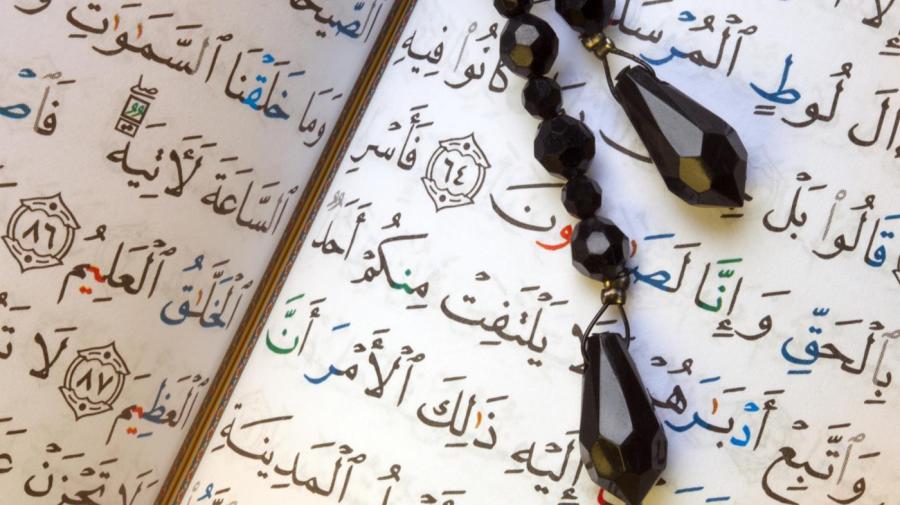Why Is the Qur’an so Important to Muslims?

The Qur’an is the primary scripture of the faith of Islam. It is the single most important reference for all matters of faith, social practice, the contemplation of law and the understanding of the Divine. It is also a direct link to Islam’s beloved prophet, Muhammad, the man who both received as well as first disseminated the holy message of the text.
In Islamic belief, the Qur’an is the unmediated word of God, or Allah. In this sense, the word of God was related directly to the Prophet Muhammad through the angel Gabriel, God’s chief messenger. This means that there is always a literal urgency to the interpretation of Qur’anic verses, more so than that which often applies to Jewish and Christian scriptures.
Islamic belief also holds that Allah intended the Qur’an, while being beautiful, to more importantly be simple to understand and accessible to all. Because many Arabs contemporary to Muhammad were either partially or fully illiterate, there is high emphasis placed on the ability to learn verses through hearing and recitation (the Arabic word for recitation being that from which “Qur’an” is derived), rather than reading them. In other words, primacy is put on the orality of the Qur’an.
Also of special importance, the Qur’an serves as proof to Muslims of a covenant between themselves and Allah, one which situates humankind as the steward of God’s loving creation, the world. Muslims are therefore charged with protecting nature and creating a society that reflects Allah’s truth, His concern for humanity and His desire to see human beings as free to live lives pleasing to Him.
Finally, the Qur’an, for Muslims, serves as the last source of Prophetic revelation. While Islam reverently recognizes past messengers of God — including Abraham, Moses and Jesus — Muhammad is deemed the final one, or the “Seal of the Prophets.” Thus, the Qur’an is not only the last truth imparted to humans, but one that seeks to mend past misunderstandings.





